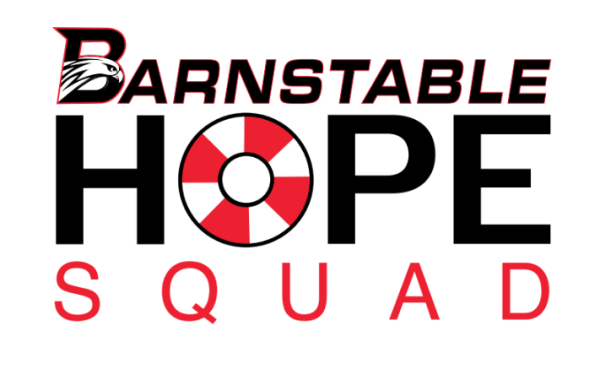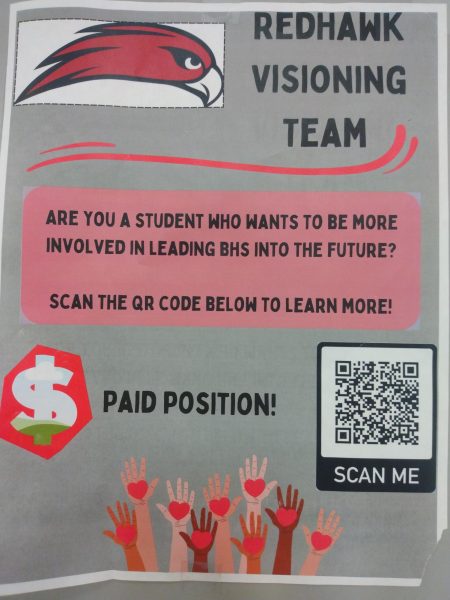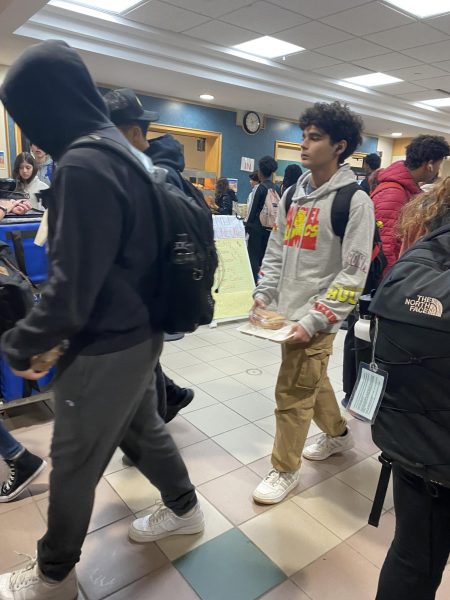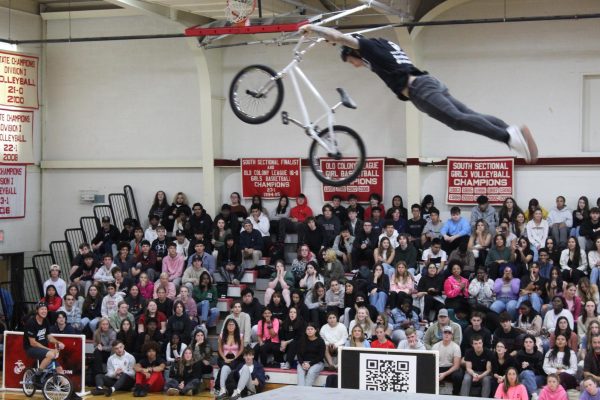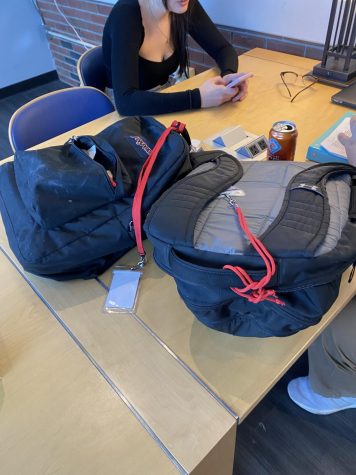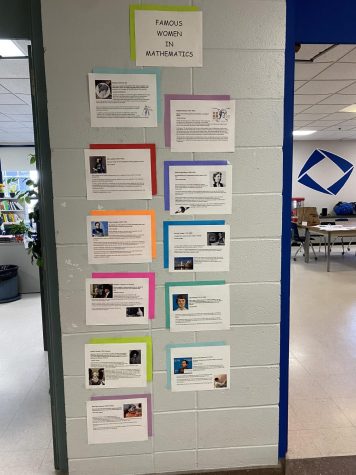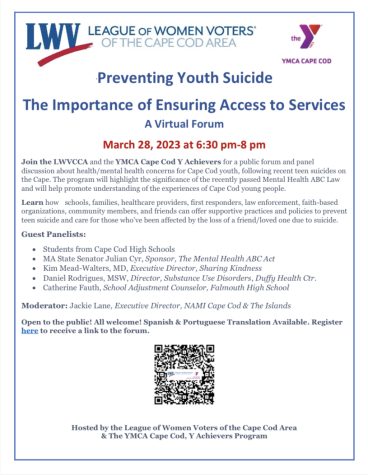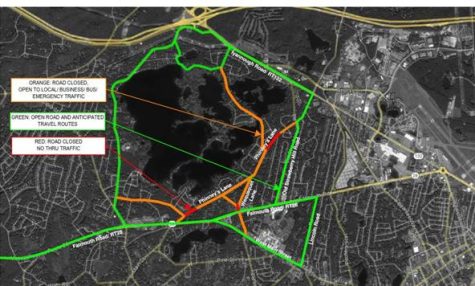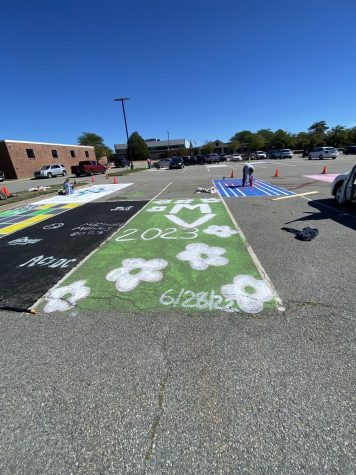New Grant Opens Doors For Science
November 22, 2019
Since the Fall of 2017, Barnstable High School’s science department has been working on a way to expand students’ career options through launching a career pathway program beginning freshman year. With help from Barnstable’s district grant manager, Science Curriculum Coordinator Jennifer Caron has created a project-oriented curriculum designed to enhance skills in analyzing and communicating environmental data.
The recently developed semester class for freshmen—Intro to Environmental Science and Technology—is currently being taught by science teacher Mike Smith. In addition to teaching the introduction class this year, Smith is also teaching two sections of Environmental Science and Technology/Water I. Although this course is intended for sophomores in future years, it is open to sophomores, juniors, and seniors this school year. According to Caron, this course will primarily concentrate on the science of water and the blue economy in the upcoming years. According to The World Bank, the blue economy places an emphasis on the sustainable use of ocean resources in exchange for improved livelihoods, jobs, and economies.
There will be a designated Environmental Science Lab constructed in rooms 1505 and 1506, which will be the host for multiple hands-on activities.
“The beauty of the lab is the aquaponic systems,” said Smith.
According to Caron, the lab will feature two 500 gallon aquaponic systems, along with eight additional tanks each approximately 270 gallons.
With the aquaponic systems, students will be able to raise Tilapia fish. These systems are capable of holding up to 110 pounds of fish per year. If the fish are properly taken care of, the fish waste will provide nutrients. Not only will fish live in these tanks, but so will plants.
The construction period will start January 2020 and won’t be completed until Spring 2020 For this lab to be eligible to undergo construction, physics teacher Ken Holland had to be relocated from room 1505 to room 2705.
“1505 and 1506 are separated by a movable divider, so I think those rooms are a perfect use for this program,” said Holland.
Caron and Smith’s common goal for this program is to have every Environmental Science and Technology student participating in an internship by senior year.
In order for this to happen, Caron applied for two grants from Mass Skills, one for $100,000 and another for $250,000.
“The purpose of the grant is to get the lab up and running and the equipment that goes with it,” said Caron.
The grant will cover construction costs, the aquaponic tanks, and a greenhouse—which will be 1000 sq ft.
Smith, who worked as an environmental consultant prior to teaching, plans to set students on the right path for an OSHA-10 by sophomore year, and a HAZWOPER-40 by senior year. These two certificates promote workplace safety and health, giving students an advantage when pursuing an environmental career after high schools
“This program gives you the potential to go to college entering the science field with a leg up,” said Smith.


